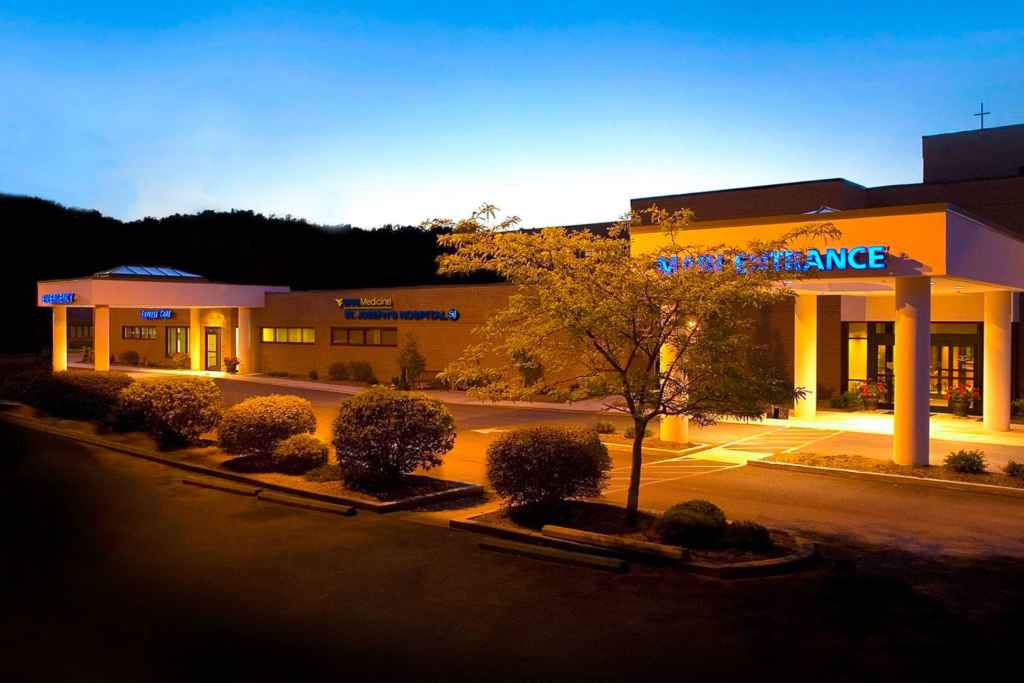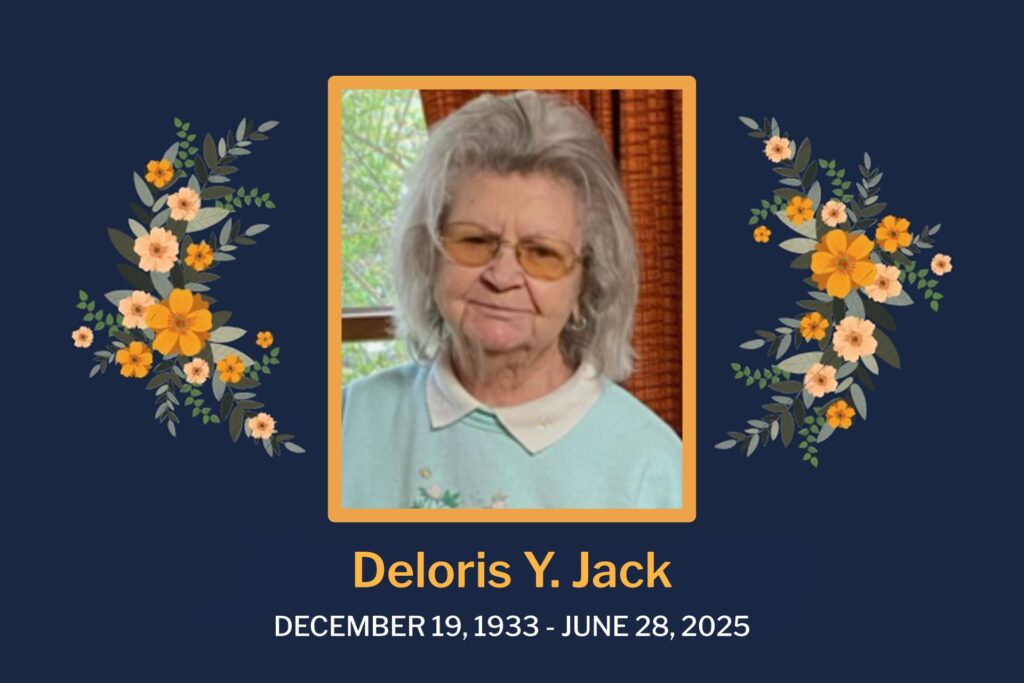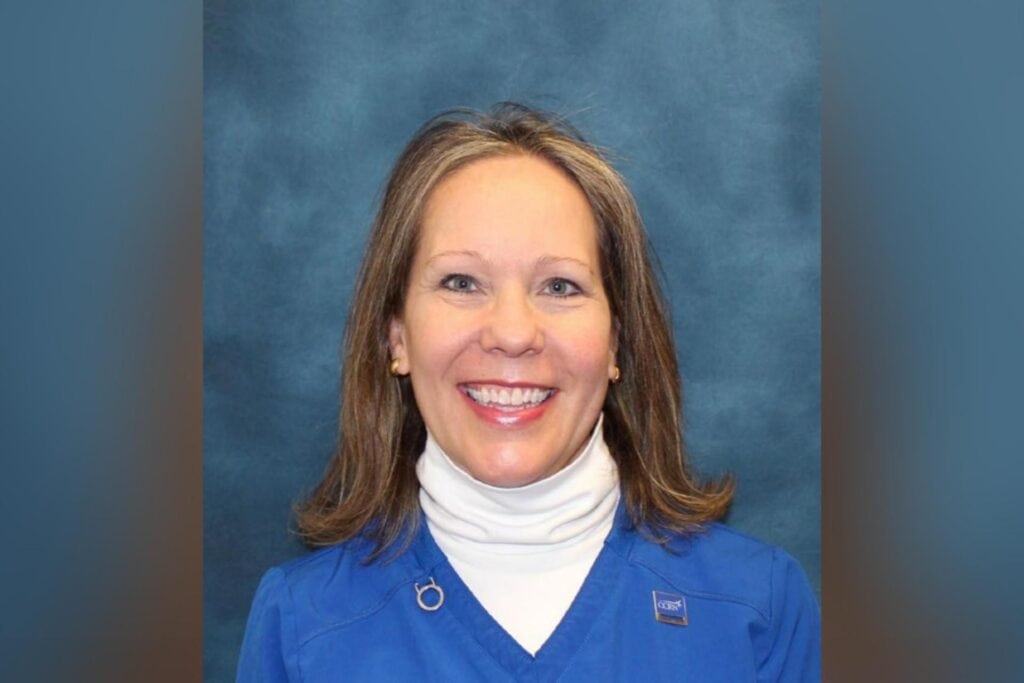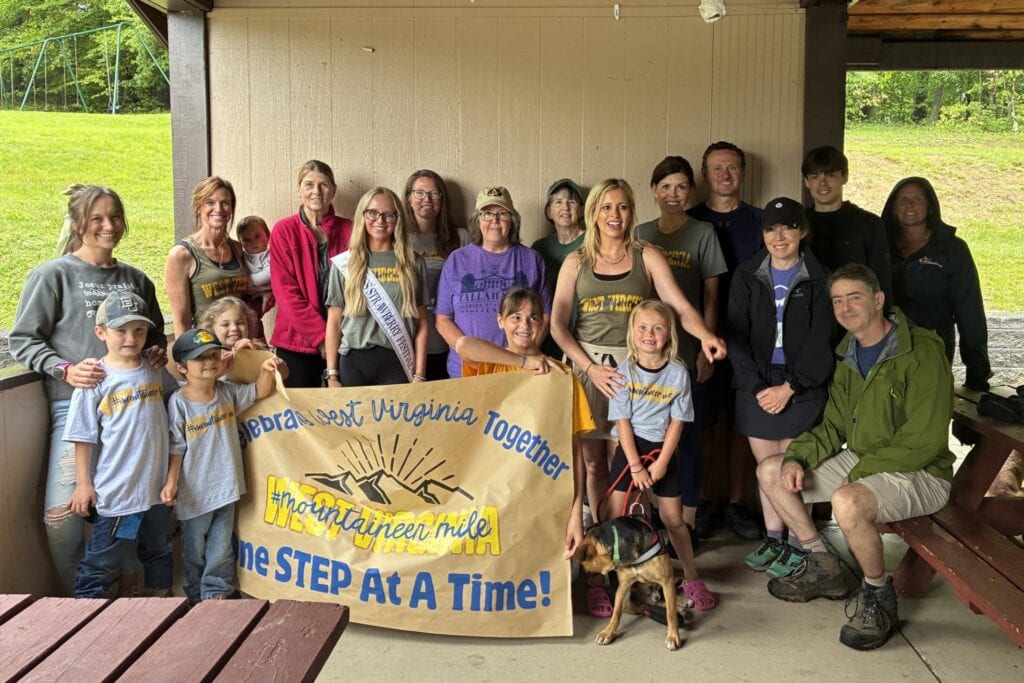BUCKHANNON, W.Va. – WVU Medicine St. Joseph’s Hospital’s Emergency Department (ED) is seeing a surge in patients with respiratory illnesses, including COVID-19, influenza and respiratory syncytial virus (RSV). As a result, physicians are encouraging those who can do so to utilize their primary care providers and telemedicine, when appropriate.
“Our Emergency Department is experiencing higher than average visit numbers with many patients being sicker and requiring admission,” said Skip Gjolberg, President and CEO of WVU Medicine St. Joseph’s Hospital. “This is sometimes leading to delays, especially in our Emergency Department. To reduce delays, St. Joseph’s Hospital has closed its PromptCare Walk-In Clinic and converted those exam rooms to emergency department rooms to increase their capacity. We apologize for any inconvenience this causes but emergency patients have to be our priority.”
One of the ways patients can help lessen the load at EDs is to go to their primary care provider for minor illnesses. It is advised that patients see any provider with the next available appointment to be seen in a quicker fashion.
Life-threatening emergencies and those that pose a risk of disability, such as symptoms of a heart attack or stroke, injuries sustained in a vehicle crash, and lacerations that cause substantial bleeding, should be treated in an emergency department.
Minor, unexpected injuries and illnesses that do not fall into those categories, including ear infections, strep throat, simple abdominal pain, urinary tract infections, minor lacerations, sprains, and simple fractures, can be treated by your primary care provider.
Those with non-urgent or emergent medical concerns are encouraged to see their primary care provider, many of whom may offer virtual care appointments.
The best steps to help prevent contracting respiratory illnesses are to:
- Wash your hands often with soap and water. Lather for at least 20 seconds every time. If no soap is available, use an alcohol-based hand sanitizer with at least 60 percent alcohol.
- Avoid touching your eyes, nose, or mouth.
- Cover your mouth and nose with a tissue when you sneeze or cough and dispose of the tissue in the nearest waste receptacle after use.
- Avoid contact with sick individuals.
- Utilize social distancing when possible.
- Clean and disinfect surfaces that are frequently touched, such as your mobile phone.
- Stay home if you are sick, unless seeking medical attention.
Safety during RSV season is important because there is no cure or effective treatment for it. RSV is primarily spread through direct contact. It can survive for several hours on hands and surfaces after wiping noses, coughing, or sneezing. Once exposed, symptoms of RSV can appear within four-to-six days and last up to 14 days, depending on the severity of the infection.
Children with any of the following symptoms should receive medical care immediately:
- Difficulty breathing or breathing too fast
- Flaring of the chest while breathing
- Indentation of the skin between ribs, under the rib cage, or above the sternum
- Showing blueness in the face or body
- Long pauses when breathing
- Dehydration
Some children, like babies who are less than six-months old, premature infants, those with chronic lung or heart disease, patients exposed to secondhand smoke, and those with an immune system deficiency, are more at risk for severe RSV infections than others.
Upon diagnosis, focus on symptom relief, like staying hydrated, fever control, and nasal suctioning. Do not use over-the-counter medications to stop a cough.
“We at St. Joseph’s Hospital are here to provide the best of healthcare to our community,” said Gjolberg. “We ask that the community be patient with us as we work through this surge. We are grateful to our staff who are working tirelessly to treat our patients in need.”
For more information, visit www.stj.net.














